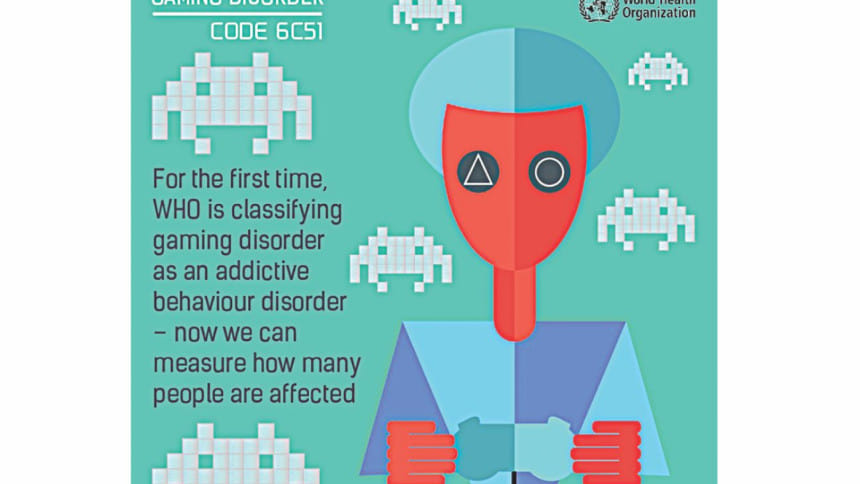Coding disease and death

There are few truer snapshots of a country's wellbeing than its health statistics. While broad economic indicators such as Gross Domestic Product may skew impressions of individual prosperity, data on disease and death reveal how a population is truly faring.
The International Statistical Classification of Diseases and Related Health Problems (ICD) is the bedrock for health statistics. It maps the human condition from birth to death: any injury or disease we encounter in life — and anything we might die of — is coded.
Not only that, the ICD also captures factors influencing health, or external causes of mortality and morbidity, providing a holistic look at every aspect of life that can affect health.
These health statistics form the basis for almost every decision made in health care today — understanding what people get sick from, and what eventually kills them, is at the core of mapping disease trends and epidemics, deciding how to programme health services, allocate health care spending, and invest in R&D.
ICD codes can have enormous financial importance, since they are used to determine where best to invest increasingly scant resources. In countries such as the USA, meanwhile, ICD codes are the foundation of health insurance billing, and thus critically tied up with health care finances.
Crucially, in a world of 7.4 billion people speaking nearly 7,000 languages, the ICD provides a common vocabulary for recording, reporting and monitoring health problems. Fifty years ago, it would be unlikely that a disease such as schizophrenia would be diagnosed similarly in Japan, Kenya and Brazil. Now, however, if a doctor in another country cannot read a person's medical records, they will know what the ICD code means.
The consequences that ICD coding has on provision of care, as well as health financing and insurance, means that clinicians, patient groups, and insurers, among others, take the use of the ICD extremely seriously — many groups often have strong positions on whether or not a condition should be included, or how it should be categorissed.
A critical point in engaging with the ICD is that inclusion or exclusion is not a judgement on the validity of a condition or the efficacy of treatment.
Without the ICD's ability to provide standardised, consistent data, each country or region would have its own classifications that would most likely only be relevant where it is used. Standardisation is the key that unlocks global health data analysis.
Source: World Health Organisation. Read more on http://www.who.int/health-topics/international-classification-of-diseases

 For all latest news, follow The Daily Star's Google News channel.
For all latest news, follow The Daily Star's Google News channel. 



Comments